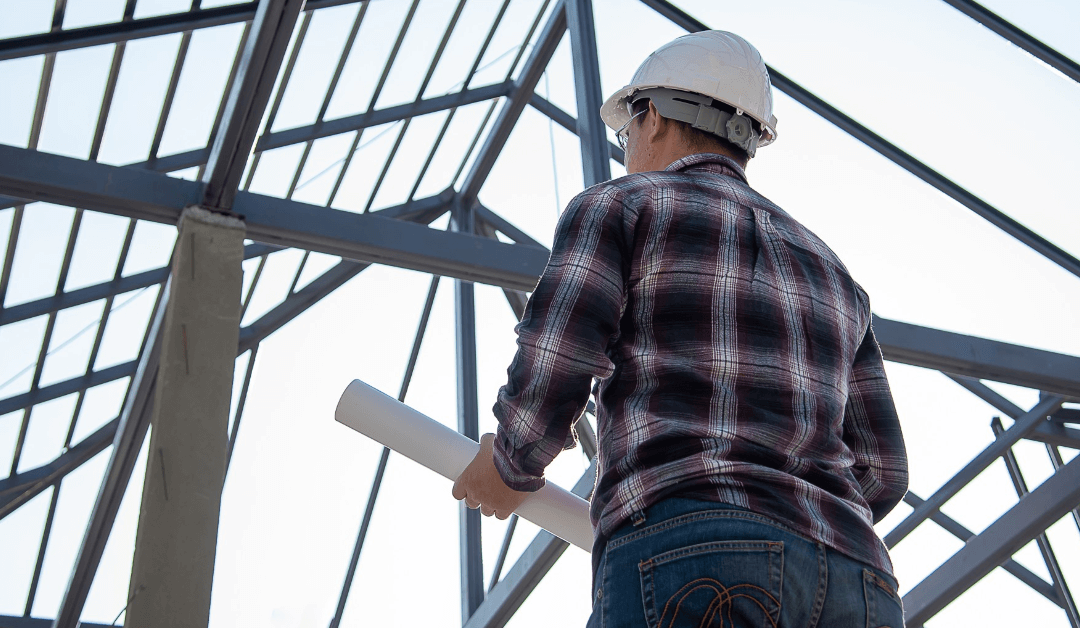What Paperwork Is Needed When Building On Your Property
Building a property can be intimidating—there are a lot of steps to take and a lot of papers to sign. You must have all the proper documents to avoid getting into trouble with your local authorities even before starting your project.
Building permits are necessary for almost all types of construction projects, and it’s a good idea to get them before you even start thinking about breaking ground on your property. If you don’t, you may be at risk of fines or having to undo some of the work that’s already been done.
To apply for your building permit, you’ll need to fill out an application form, which you can easily find online. You’ll also need to submit some plans or drawings of the project, so the authorities will know exactly what kind of work you’re planning on doing.
Let’s have a look at some of the papers you need:
- Plans and Specifications Papers
The first step in building any property is getting the plans in place. The plans must be drawn up by an architect or designer who can ensure that they are compliant with regulations specific to your local authority.
Once you have your plans, you’ll need to get them stamped by a representative of your local authority. This stamp shows that the plan has been reviewed and approved and allows you to move forward with construction once you have a building permit in place. This process can take anywhere from a few weeks to months, so we recommend beginning this step even before you’ve finalized your design so that you can hit the ground running once everything is approved!
- The Building Contract Papers
A building contract is an essential document before you start your building process. The agreement must be attached with the plans and specifications of your building.
You can tailor the documents to suit your needs from various online templates. The most important thing is to ensure that everything is in writing, including any changes that may arise during construction. You should also include details about how long it will take to complete the project, what materials are required for each work section, and the amount of money and who will pay for them.
- Insurance Documents
To enhance building and safety, it’s essential to ensure that your builders have insurance documents. This is essential if the builders die, are injured, or if building materials are damaged on the job site. So be sure to get copies of these documents from your builder and verify that they are legitimate. Because again, local authorities might do routine residential building inspections on your project. This might get you and your builder if found not to have valid insurance.
- Occupancy Certificate
Completing your property is always an exciting day. The local authorities will come after you build your property to inspect it. If they deem that the building complies with all requirements, they will grant you an occupancy permit. This certificate is essential if you want to sell your property shortly, as clients and solicitors will use it to prove that the property meets standard construction requirements. As such, it makes it easier to negotiate a favorable price.

